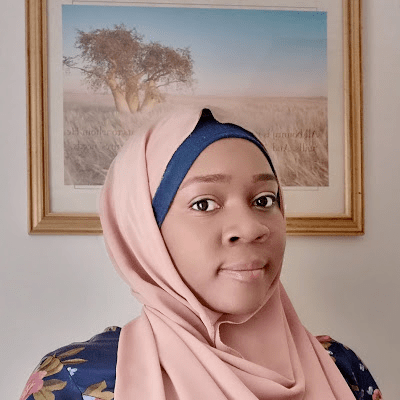What is your educational background?
I have an MEng (1st class, Hons) in Aeronautical Engineering from the City University of London and an MPhil in Mechanical Engineering. I am currently completing a PhD on “Technology Transfer and Absorptive Capacity: Case Study of the PEEPOWER system”.
What is your current occupation?
I am a Mechanical Engineering Lecturer at The University of the West of England (UWE). I specialise in Project Based Learning and have spearheaded the implementation of Engineers Without Borders’ design challenge at UWE over the past 5 years. Alongside my teaching role, I have been working on an action-research Doctorate involving the high-profile PEE POWER®, developed by the Bristol BioEnergy Centre. It is a new technology that converts urine into fertiliser and disinfectants whilst also generating electricity. Prior to this, my research work was on the design optimisation and structural analysis of an innovative low-cost metallic Flywheel Energy Storage at the City University London.
What or who got you into STEM?
What I like about engineering is that ‘problem solving’ or pragmatic aspect of the job. I got into STEM because I enjoyed mathematics and physics early on at school. We have a number of engineers in the family, so it did not feel like a far fetch career aspiration to me.
What is the biggest challenge/barrier you have faced as an African in STEM?
I have been fortunate enough to be able to strive in my studies and career even as an African and minority in my field. In fact, my diverse background is celebrated and I have taken part in several outreach programmes encouraging BAME youngsters to consider STEM as a career option.
How do you think your background/upbringing has been beneficial in your journey/career?
I spent my early childhood in the small village of Foumban and I had the chance to travel around Cameroon before settling in the UK. I developed a good sense of connection with nature. I think this has positively influenced my career journey, as today my work is centered around sustainability and poverty alleviation.
How do you think we can start to change the narrative surrounding African contributions
to global STEM research & careers?
This issue unfortunately is still contemporary and it ought to be acknowledged. I think part of the solution could come with decolonising our curriculum in schools and at universities. We need to acknowledge and celebrate knowledge contributions in Science and Mathematics from African civilisations (and other world civilisations), if we want to change this narrative.
What advice would you like to give to young, aspiring Africans in STEM?
Do not let stereotypes define and limit you!





